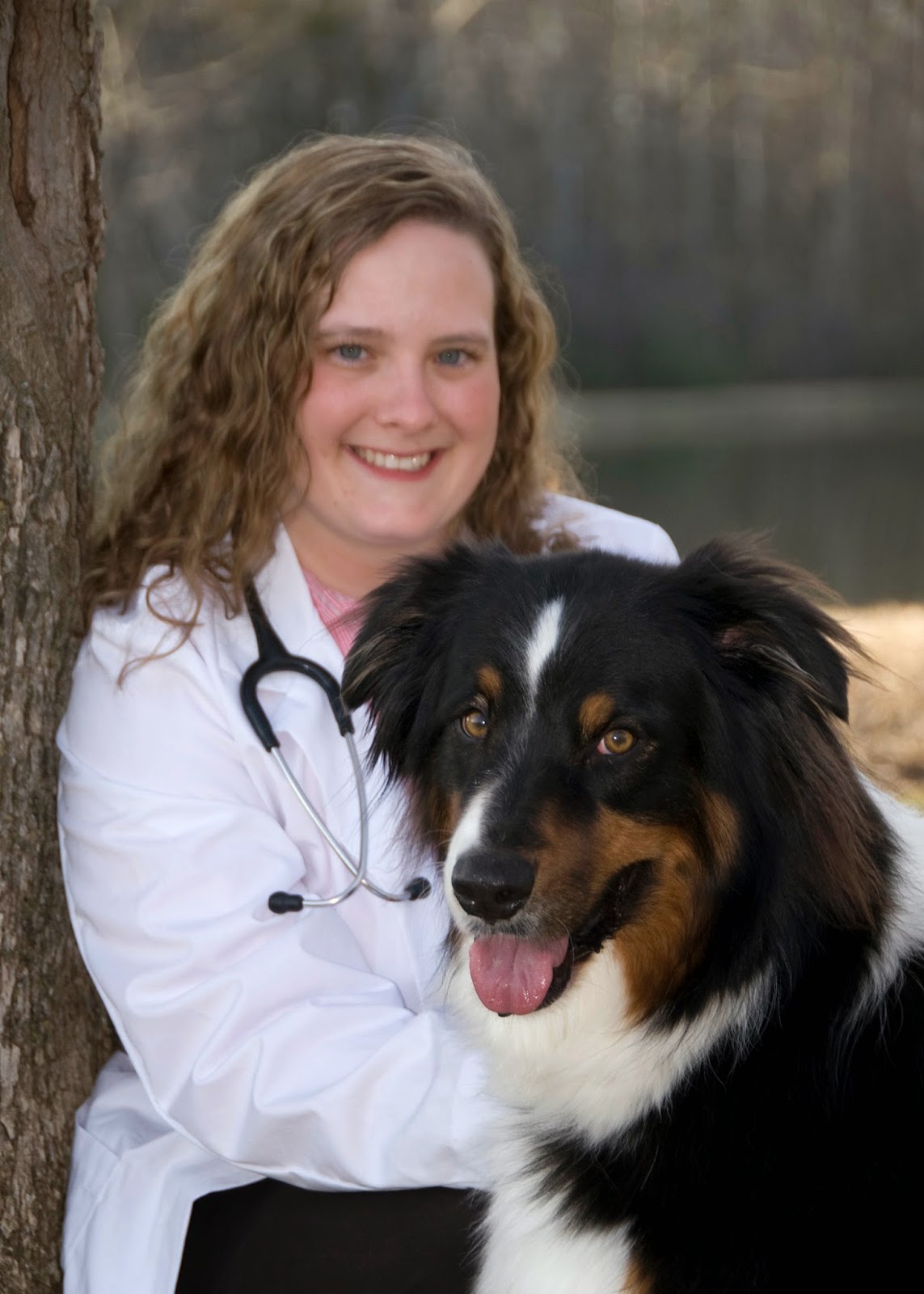
[et_pb_section bb_built="1" custom_padding="0px|0px|0px|0px" _builder_version="3.0.47"][et_pb_row custom_padding="27px|0px|0px|0px" _builder_version="3.0.72"][et_pb_column type="4_4"][et_pb_text _builder_version="3.0.72"]
Age is just a number, right? In the veterinary world, it is unfortunate that 12 is not the new 2. Each dog is its own individual and some suffer fewer age-related issues than others. Some dogs age faster than others, depending on their breed. With the exception of a few giant breeds, like Great Danes, most dogs become geriatric, or ‘seniors’ when they are 8-10 years old. Great Danes become geriatric at 3-4 years of age.
Our furry friends are living longer than ever and chances are, your dog will reach ‘senior status’ sooner than you expect. If you are reading this and you have a puppy or a young adult dog – remember that preparing for senior care starts in puppyhood. Good nutrition, maintenance of normal body weight, routine wellness care and preparation for managing breed-associated disorders will go a long way in preparing your dog for their golden years.
We’ve compiled a brief list of things to start asking your veterinarian as your dog gets older.
A few questions to ask:
The American Animal Hospital Association (AAHA) recommends that senior dogs be seen for a physical examination every 6 months.
The reason for these recommendations is to catch early stages of age-related diseases, especially cancer. Changes can happen quickly with senior pets so, the more often they are examined by the veterinarian, the more likely that problems can be diagnosed early.
Each veterinarian has their own wellness program for seniors. Many of them have similar components – such as bloodwork. Bloodwork, specifically a CBC, serum chemistry and urinalysis should also be considered every 6-12 months for seniors. X-rays may also be needed to monitor specific conditions, but ask your vet if this is necessary for your pet.
[/et_pb_text][et_pb_image src="https://blog.vetnaturals.com/wp-content/uploads/2017/10/photo1.jpg" _builder_version="3.0.72" show_bottom_space="on"]
[/et_pb_image][et_pb_text _builder_version="3.0.72"]
Most veterinarians agree that dogs benefit from a “senior” life stage diet between 7 and 10 years of age. It is best to consider a diet that is high in antioxidants, omega-3 essential fatty acids and glucosamine/chondroitin sulfate. If your pet has few joint or skin issues, diets like these can help to support their systems as they age. Your veterinarian can recommend a reputable commercial diet.
Yes, they could. Senior dogs are more likely to suffer from cognitive dysfunction (“doggie dementia”) and osteoarthritis. Sometimes senior diets alone don’t contain enough to help improve mobility and support healthy skin and neuro health. Consider starting your pet on a supplement that contains therapeutic levels of glucosamine, chondroitin sulfate, omega-3 fatty acids and antioxidants. Ask your veterinarian about which type of supplement could help your dog and their particular conditions.
[/et_pb_text][et_pb_image src="https://blog.vetnaturals.com/wp-content/uploads/2017/10/photo2.jpg" _builder_version="3.0.72" show_bottom_space="on"]
[/et_pb_image][et_pb_text _builder_version="3.0.72"]
While joint supplements containing glucosamine and chondroitin sulfate can alone help to control pain in dogs with mild to moderate arthritis – sometimes arthritis severity worsens. Ask your veterinarian what can be done next. Many therapies are available out there to help manage pain and maintain overall health and mobility. Acupuncture, massage, physical therapy, swimming, and specific medications can help your older pet achieve better pain control.
Older dogs often have more advanced dental disease. While age alone isn’t a reason to not pursue dentistry – it is considered when making plans for anesthesia. The earlier you address dental disease, the fewer issues your pet will have as they age. Dogs that receive good dental care early in life will live 10-20% longer. Even if your pet is older, don’t despair – addressing their dental disease can still prolong their life and give them better quality of life. If you think your dog suffers from dental disease or oral pain, talk to your vet about what can be done.
[/et_pb_text][et_pb_image src="https://blog.vetnaturals.com/wp-content/uploads/2017/10/photo3.jpg" _builder_version="3.0.72" show_bottom_space="on"]
[/et_pb_image][et_pb_text _builder_version="3.0.72"]
Just like humans, as dogs age they can suffer from cognitive dysfunction – often called “doggie dementia.” As pets are living longer and longer – more are developing these disorders. If you are concerned that your senior is developing cognitive dysfunction or if you want to learn more, talk to your vet about treatment options.
[/et_pb_text][et_pb_image src="https://blog.vetnaturals.com/wp-content/uploads/2017/10/photo4.jpg" _builder_version="3.0.72" show_bottom_space="on"]
[/et_pb_image][/et_pb_column][/et_pb_row][et_pb_row custom_padding="68px|0px|0px|0px" _builder_version="3.0.72"][et_pb_column type="1_4"][et_pb_text _builder_version="3.0.72"]
Hip & Joint Supplement
[/et_pb_text][et_pb_image src="https://vetnaturals.com/wp-content/uploads/2017/04/amazon-btn-150.png" url="https://www.amazon.com/Veterinary-Naturals-Hemp-Hips-Inflammation/dp/B01N2S774K/ref=lp_16740413011_1_1?srs=16740413011&ie=UTF8&qid=1506810789&sr=8-1" url_new_window="on" _builder_version="3.0.72" show_bottom_space="on"]
[/et_pb_image][/et_pb_column][et_pb_column type="1_4"][et_pb_text _builder_version="3.0.72"]
Hip & Joint Supplement
[/et_pb_text][et_pb_image src="https://vetnaturals.com/wp-content/uploads/2017/04/chewy-btn-150.png" url="https://www.chewy.com/veterinary-naturals-hemp-hips/dp/152766" url_new_window="on" _builder_version="3.0.72" show_bottom_space="on"]
[/et_pb_image][/et_pb_column][et_pb_column type="1_4"][et_pb_text _builder_version="3.0.72"]
Probiotic with Skin & Coat Supplement
[/et_pb_text][et_pb_image src="https://vetnaturals.com/wp-content/uploads/2017/04/amazon-btn-150.png" url="https://www.amazon.com/Veterinary-Naturals-Health-Probiotic-Supplement/dp/B06XTBV8SX/ref=lp_16740413011_1_3?srs=16740413011&ie=UTF8&qid=1506811161&sr=8-3" url_new_window="on" _builder_version="3.0.72" show_bottom_space="on"]
[/et_pb_image][/et_pb_column][et_pb_column type="1_4"][et_pb_text _builder_version="3.0.72"]
Probiotic
[/et_pb_text][et_pb_image src="https://vetnaturals.com/wp-content/uploads/2017/04/chewy-btn-150.png" url="https://www.chewy.com/veterinary-naturals-hemp-health/dp/152768" url_new_window="on" _builder_version="3.0.72" custom_css_main_element="margin-top:-10px" show_bottom_space="on"]
[/et_pb_image][/et_pb_column][/et_pb_row][et_pb_row _builder_version="3.0.72"][et_pb_column type="4_4"][et_pb_image src="https://blog.vetnaturals.com/wp-content/uploads/2017/10/photo-on-top.jpg" _builder_version="3.0.72" show_bottom_space="on"]
[/et_pb_image][/et_pb_column][/et_pb_row][et_pb_row custom_padding="0px|0px|0px|0px" _builder_version="3.0.72"][et_pb_column type="4_4"][et_pb_text _builder_version="3.0.72"]
[/et_pb_text][/et_pb_column][/et_pb_row][/et_pb_section]


